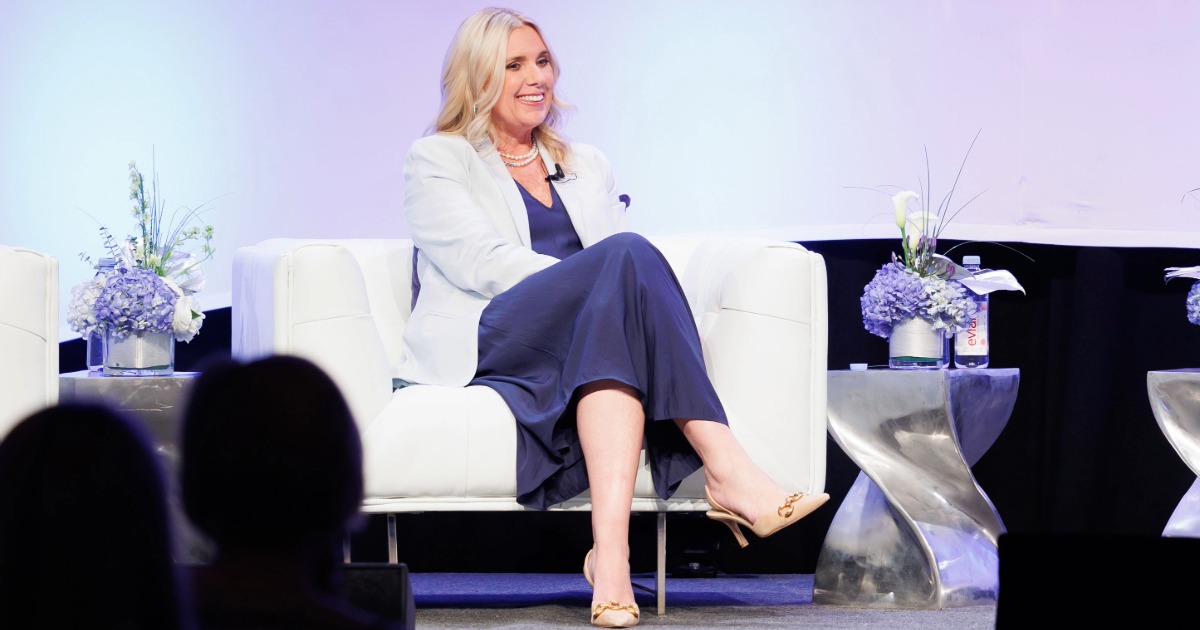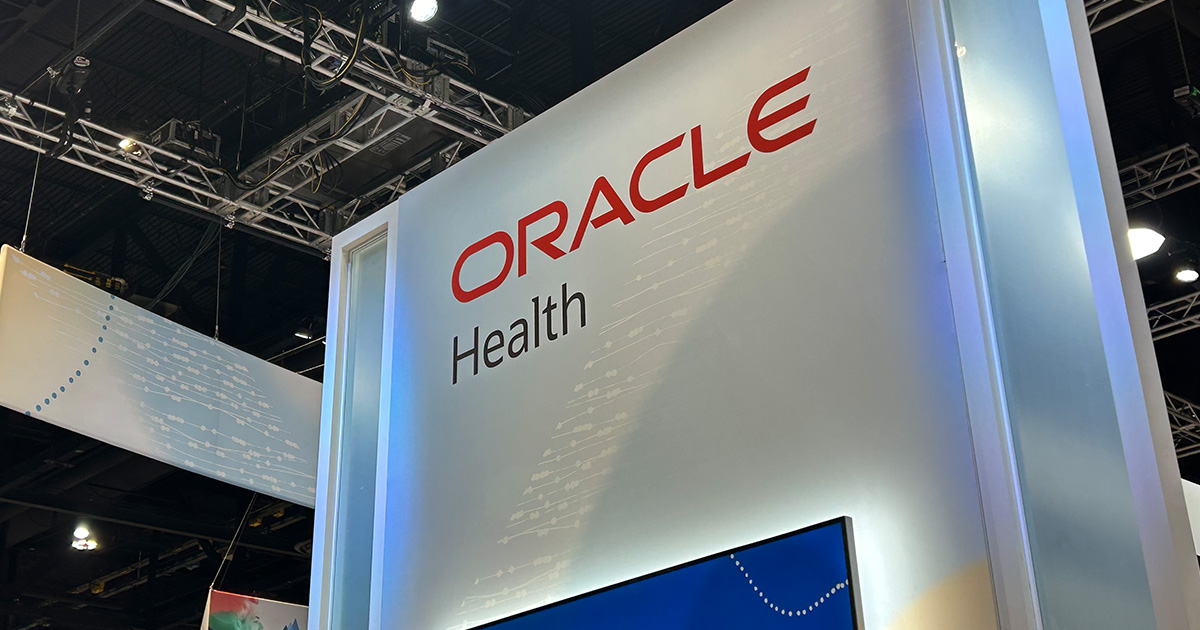PHOENIX — Amy Cuddy is a social psychologist and associate professor at Harvard Business School and the Harvard School of Public Health. When she was getting her PhD, her advisor told her to prepare an elevator pitch summary of her work that could be delivered in the proverbial 30-second ride. Little did she know she'd literally have to make that elevator pitch.
"I got to a conference where PhD students were shopped around for jobs with a huge sense of dread, I walked into an elevator at the conference, and inside are three people in my field who are just giants, heroes to me," Cuddy said during the opening keynote speaker at the 2016 CHIME Fall CIO Forum here. "One of them says, 'OK, we're in an elevator, give us your pitch.' Words started tumbling out of my mouth, nothing I remembered that was coherent. I started making a Plan B for my life in that elevator."
Two of Cuddy's heroes quickly fled. The other stopped long enough to inform her it was the worst pitch he had ever heard. For the rest of the conference Cuddy was in a haze, wishing for a do-over with her three heroes. She was physically present, but not present in the ways that count.
"When we are not present, we hide our competencies, warmth and trustworthiness," she explained. "And these are essential. When people are evaluating each other, they are quickly making assessments of these areas, which account for almost all of the variance in our observation of all other people. We want to show we have chops, but when we are not present we cannot access our skills and we do not feel safe enough to connect to communicate our trustworthiness and warmth."
This was the heart of Cuddy's message at the CHIME Fall CIO Forum, this year marking the event's 25th anniversary.
"It's very hard to be seen as a good leader if you are not warm," she added. "If you come in without being able to connect, people will not be able to hear what you have to say. You have not established a conduit of influence, which is trust."
On this note, Cuddy said studies have shown that physicians are more likely to be sued if their patients do not like them.
"Malpractice attorneys say patients come in and want to sue their specialists, an attorney comes back and says there is no case, and the patient says I don't care, I hate my specialist, he never listens to me," she said. "Psychologists started doing work on these situations and found that the physicians who were not showing warmth were the ones more likely to be sued. And they had worse outcomes. People cannot hear what you are telling them if you are not warm, if you are not listening to them."
Cuddy dove deep into the art of being present, which she told the healthcare CIOs at the forum was necessary to be a truly successful leader.
"When people are present, they are more believable and genuine, and that is noticeable," she advised. "Also, we can convey confidence without arrogance. Arrogance is a smokescreen for insecurity. It might get you through not being challenged in the moment, but it will not build friendships, allies or collaboration. And we should communicate harmoniously. What we are saying with our words matches what we are conveying with our bodies. This comes out of the research on lie detection. Look for moments of synchrony and asynchrony."
When an executive is present with someone, that other person is much more likely to feel comfortable with the executive, Cuddy concluded.
 Healthcare IT News names Best Hospital IT Departments 2016:
Healthcare IT News names Best Hospital IT Departments 2016:
⇒ Meet the winners
⇒Interactive map: Best Hospital IT Departments
⇒ See the people who make their IT departments winners


